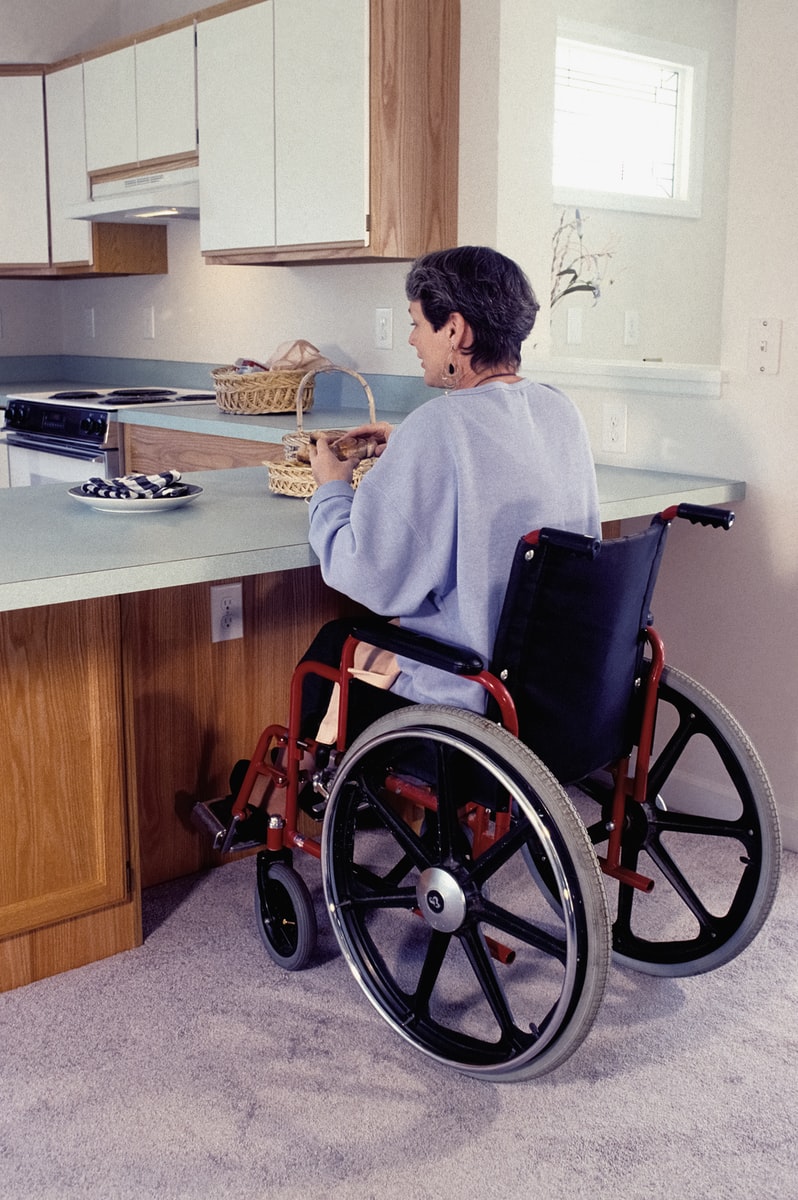Nursing home falls are some of the most common accidents that happen in US nursing homes every year. These falls can be deadly and are harsh on elderly patients due to their weakened bone strength. For this reason, nursing homes should stay vigilant about protecting their patients, and homes that fail to do so can face legal consequences.
Fall Facts
There are a ton of facts about nursing home falls that most people are completely unaware of. The Centers for Disease Control and Prevention estimate that every year, fifty to seventy percent of nursing home residents fall. This is twice as frequently as other senior citizens who don’t reside in nursing homes fall. Falls are a major problem that frequently recurs and can have long-term physical and mental effects.
Finding a way to stop nursing home falls is a top responsibility of any professional nursing home facility. Fall prevention in nursing homes must be proactive, with problems that could make patients more likely to fall being identified and fixed. You might be entitled to compensation if you or a loved one fell in a nursing home. Staff personnel is instructed to keep residents from falling and to assist them right away if they do. If they didn’t safeguard your loved one, they might be held liable both financially and legally.
Fall Prevention Tips
Nursing homes are using new techniques and tips to prevent fall accidents. Techniques for preventing falls in nursing homes can be applied at the organizational, staff, and patient levels. The best fall prevention strategies incorporate all three in a team effort to safeguard nursing home residents.
According to the CDC, using physical restraints can raise a patient’s chance of suffering injuries from falls. Restraints worsen muscular weakness and impair physical function, yet ten percent of nursing homes still employ them. Some states have begun looking into legislation around the use of physical restraints, but the issue remains complicated.
Common Fall Causes
Understanding the core causes of fall accidents in nursing homes can help you protect your loved ones. Three common causes are in play with most nursing home abuse lawsuits:
Medication Mismanagement
The vast majority of nursing home and assisted living patients take daily medication. In some cases, medication needs to be delivered in a precise, unchangeable fashion. For this reason, residents in neglectful or disorganized facilities can be harmed by improper medication practices. A patient who is impaired because of this mistake is much more likely to experience a fall accident.
Lack of Facility Upkeep and Maintenance
An unclean, messy, or disorganized space can greatly increase the chance of a fall injury. Nursing homes and assisted living facilities are meant to run in a smooth, uniform fashion. When loose wires, tripping hazards, crowded spaces, and poorly kept facilities cause injury to a resident, that resident has the right to sue the facility for damages. Lack of upkeep and maintenance can cause mold and other aftereffects that will significantly harm elderly residents (and sometimes staff members as well).
Neglectful Staff Behavior
When staff members are being abusive behind the scenes, physical altercations become more likely. For nursing home residents, an abusive staff member can greatly increase their chances of experiencing a harmful, or even deadly fall. For this reason, legitimate assisted living facilities make it a point to train staff in a professional, kind manner, and report or punish employees that are proven to be neglectful. If you’re worried about a loved one in a nursing home and suspect they’re being abused, you should contact an attorney immediately.
The Aftermath of Falls
Serious injuries from falls in nursing homes can result in long-term diseases, a loss of physical function, and a much lower quality of life. Broken or fractured bones are usually caused by falls in nursing homes. The most frequent reason for traumatic brain injuries are tripping, and slip-and-fall accidents. This risk may be increased by some drugs, such as blood thinners, or by improper medication management. Even if there are no severe physical injuries as a result of a fall, many individuals nonetheless experience mental health issues.
Prevent Nursing Home Falls
Falls can have negative effects on both the body and the mind. Every year falls in nursing homes cause fatal injuries. Nursing homes must devote the necessary time, effort, and resources to safeguarding their residents from this systematic risk. Nursing home facilities should always be run in a way that respects the safety and future of their patients. Homes that are found to be neglectful can face serious legal consequences, after all.


